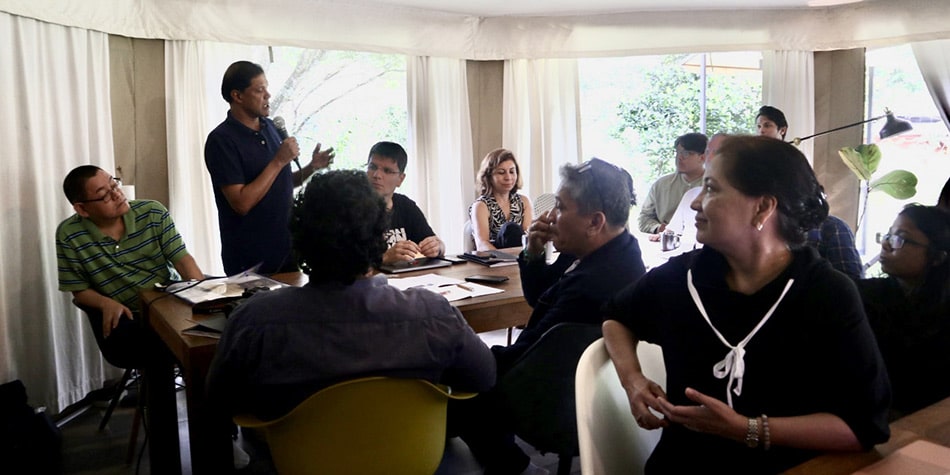Benin on track to achieve abolition
Abolition
What are Benin’s plans regarding the abolition of the death penalty for the coming months?
Victor Tokpanou: The president found this issue to be important in the promotion of human rights and human dignity. A bill was sent to the National Assembly three months ago for discussion and finally adoption. The executive has theoretically done its part for this revision of the constitution, compiling preliminary studies, writing the bill and leaving it on the desk of the National Assembly. But the government is still lobbying members of parliament. The bill will be discussed at the first parliamentary session in April and we hope to see it passed during the first half of the year.
Constitutional reform allows to copper fasten abolition in national law efficiently, but modifying the country’s fundamental law is difficult. Why was this method chosen?
This solution has only advantages. In our judicial system, the constitution is the highest norm. Once something is enshrined in the constitution, it is very hard to go back on it. Constitutional revision involves the executive, lawmakers and the judiciary. It shows that everyone is committed. Simple laws are no longer reference pieces of legislation that nobody can touch. They no longer guarantee stability.
Attempts to abolish the death penalty in Benin have failed in the past. Why do you think now is a good time to debate it again?
There are two aspects: the evolution of society on the one hand, and political will on the other hand. We are in the same situation as France when it abolished the death penalty with President Mitterrand and Minister Badinter. Some people are resisting. But in fact, the death penalty does not exist anymore. It is still part of our legislation, but nobody has used it in 20 years. Some people think it is still useful, as a sword of Damocles. But the president and the government have opposed them with political will.
Do you wish to adhere to the regional dynamic that has seen the death penalty recede in Sub-Saharan Africa and influence other African states in favour of abolition?
It was not the case in the beginning. We wanted to solve an internal problem. Our period without use of the death penalty is older than abolition in some neighbouring countries. But it is true that some of our partners insisted on it. The participation of President Yayi Boni to a recent conference on the abolition of the death penalty in Madrid was part of his will to publicise his choice loud and clear. We are very proud to be part of this dynamic. As members of the group of countries that has abolished capital punishment, we can act as – maybe not a role model, but an advisor to others, using our experience.






